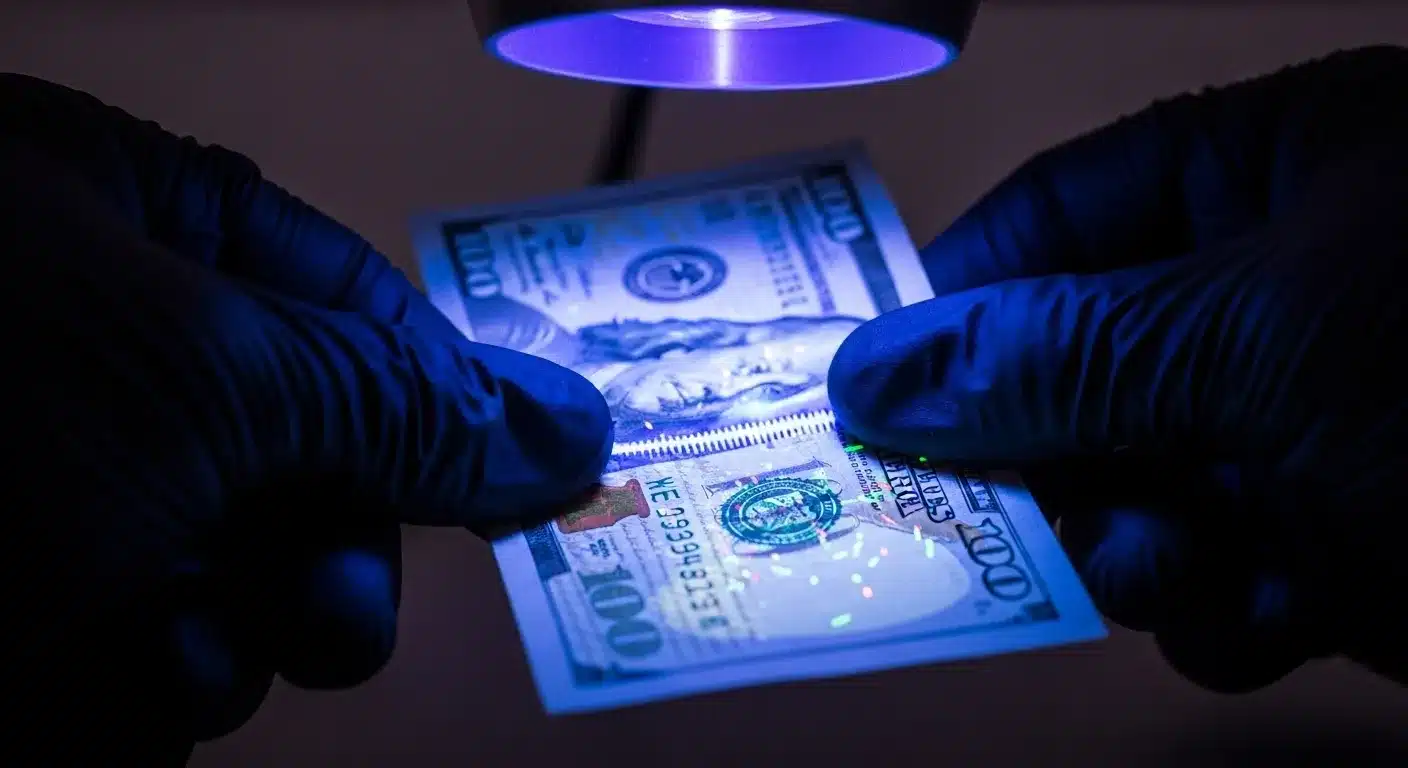
5. Beyond the White House: The Dual Mission You Rarely Hear About
When most people think of the Secret Service, they picture agents surrounding the president. While the protective mission is their most high-profile responsibility, it is only one half of their job. The agency has a second, equally important mandate that goes back to its very founding: criminal investigation. Every Secret Service agent is a sworn federal law enforcement officer, and they spend a significant portion of their careers not on a protective detail, but working in a field office investigating complex financial crimes.
This dual mission is a unique feature of the agency. As detailed on the official U.S. Secret Service website, their investigative responsibilities are broad and technologically advanced. They are the primary federal agency for combating counterfeit U.S. currency, a mission that has evolved from seizing printing presses to tracking digital counterfeit operations. But their scope extends far beyond fake bills.
Secret Service agents investigate a wide array of financial fraud. This includes credit card fraud, access device fraud, and financial institution fraud. In the 21st century, this mission has increasingly moved into the digital realm. The agency has become a leader in fighting cybercrime, establishing Electronic Crimes Task Forces across the country. These units investigate everything from network intrusions and data breaches to online identity theft and malware attacks. They are on the front lines of protecting the nation’s critical financial infrastructure from sophisticated cyber threats.
Furthermore, the Secret Service provides forensic and technical assistance to other law enforcement agencies. In 2000, they co-founded the National Center for Missing & Exploited Children (NCMEC) and continue to provide critical support to its investigations. This investigative work is not just a secondary duty; it is a fundamental part of an agent’s career path. Most agents will rotate between protective assignments and investigative assignments, allowing them to build a diverse skill set. The experience gained in a complex fraud investigation—following money trails, analyzing evidence, and building a case—sharpens the analytical skills that are essential for threat assessment in their protective role. It is this unseen investigative work that keeps the agency at the cutting edge of law enforcement and makes it far more than just a presidential bodyguard service.











